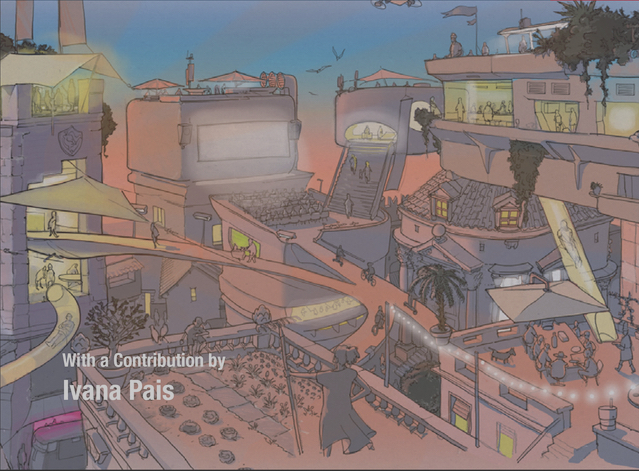
Ezio Manzini's ideas for the city that cares.
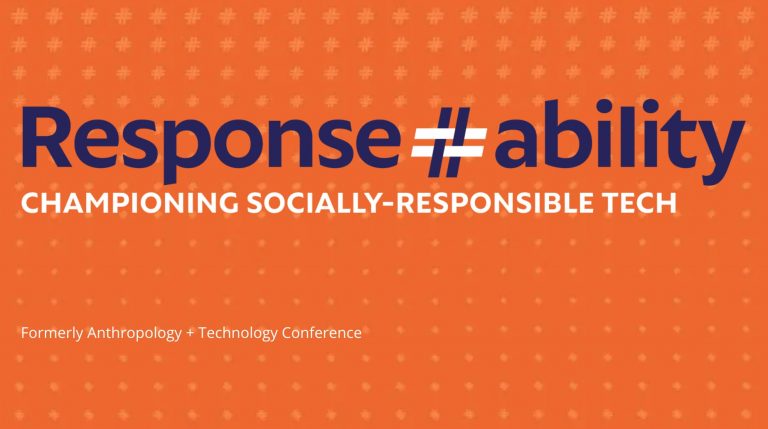
The Response-ability Summit, formerly known as the Anthropology + Technology Conference, is a unique two-day event that brings social scientists and technologists together to foster interdisciplinary conversations on the important topic of socially-responsible tech.

In Human-Centered AI, Professor Ben Shneiderman offers an optimistic realist's guide to how artificial intelligence can be used to augment and enhance humans' lives.
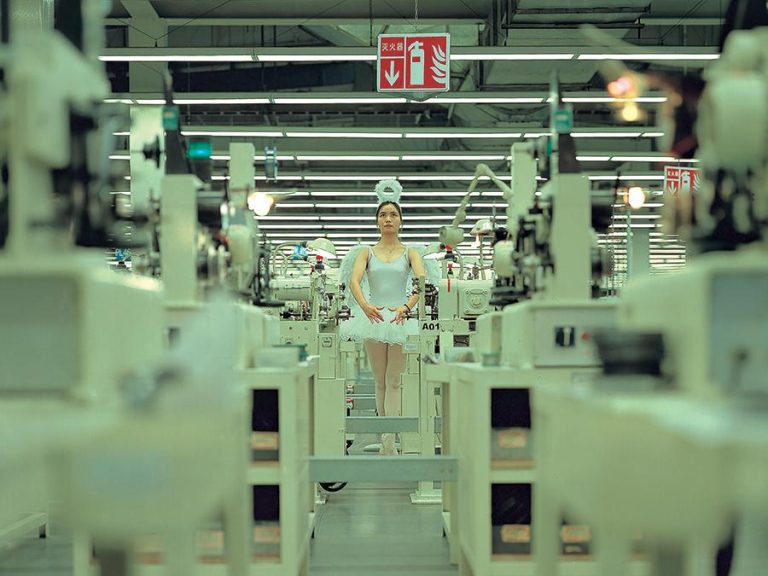
A vivid look at China’s shifting place in the global political economy of technology production by ethnographer Silvia M. Lindtner
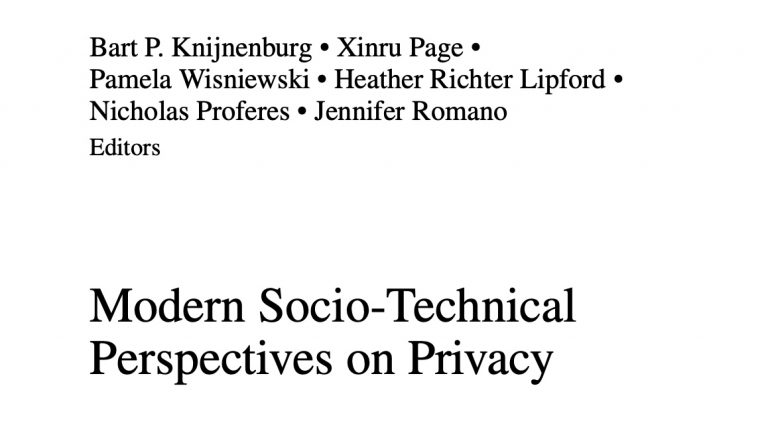
Provides a foundational understanding of technical and social aspects related to online privacy
Covers modern application areas as well as underexplored issues (e.g., privacy accessibility, cross-cultural privacy)
Includes a dedicated part on forward-looking approaches to privacy that move beyond one-size-fits-all solutions.
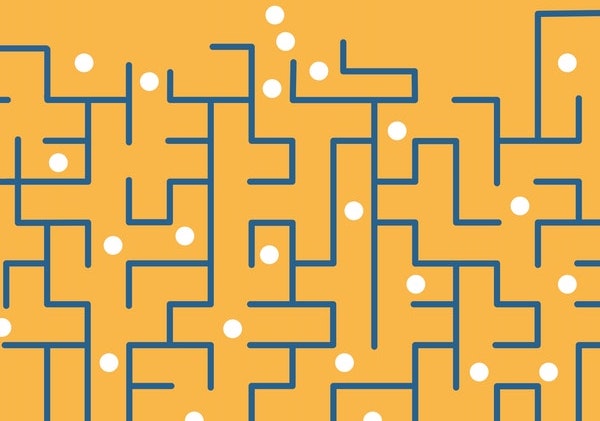
An inside view of the experimental practices of cognitive psychology—and their influence on the addictive nature of social media

It is critical to marry conventional data analytics with a deeper understanding of audience psychology by observing everyday human behavior.
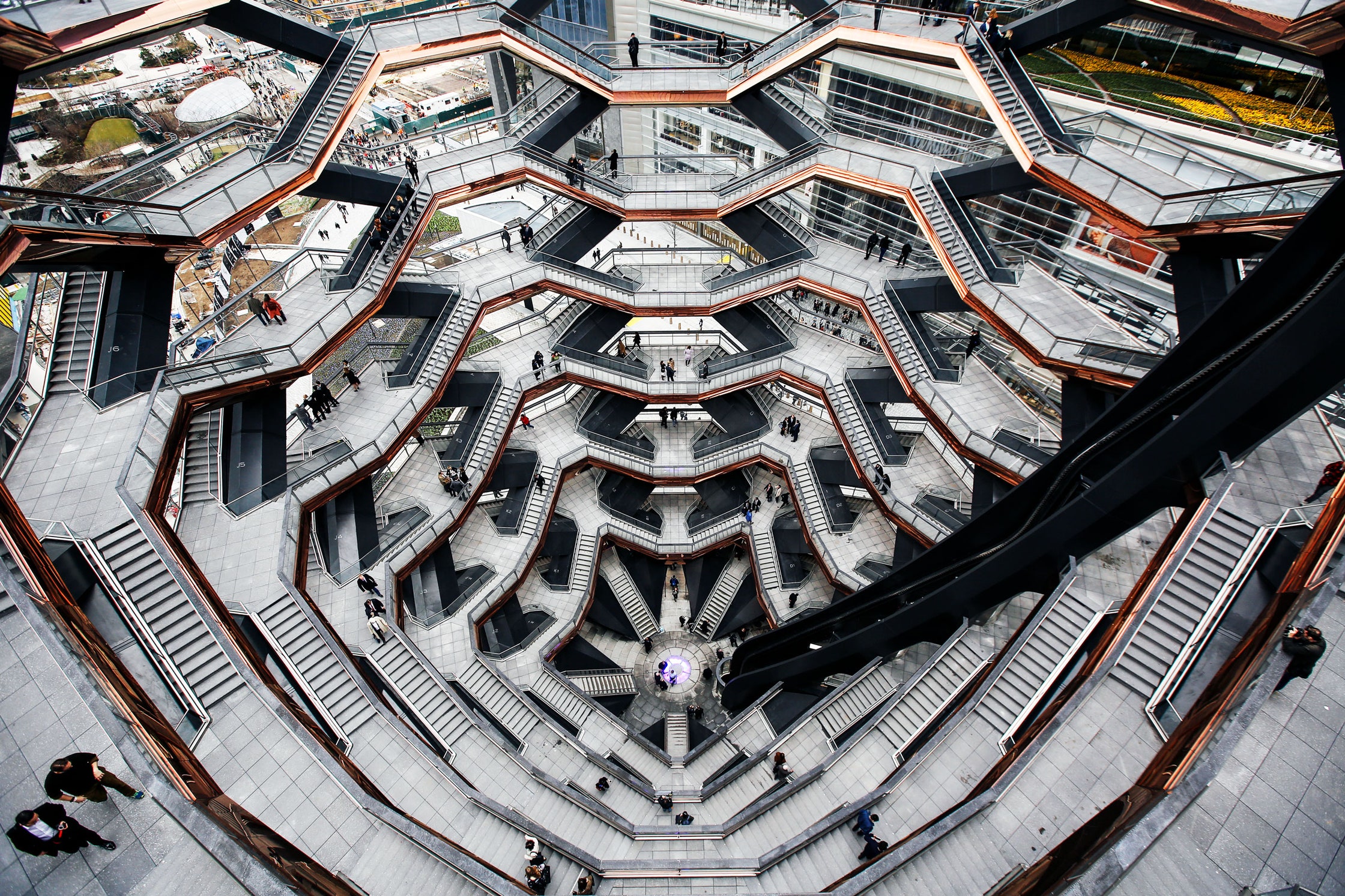
A bold reassessment of "smart cities" that reveals what is lost when we conceive of our urban spaces as computers.
- AI, Conference, Education, Educational services, Experientia, Experientia, Health, Healthcare, Italy, Jan-Christoph Zoels, Mobility, Public services, Technology (general), Turin
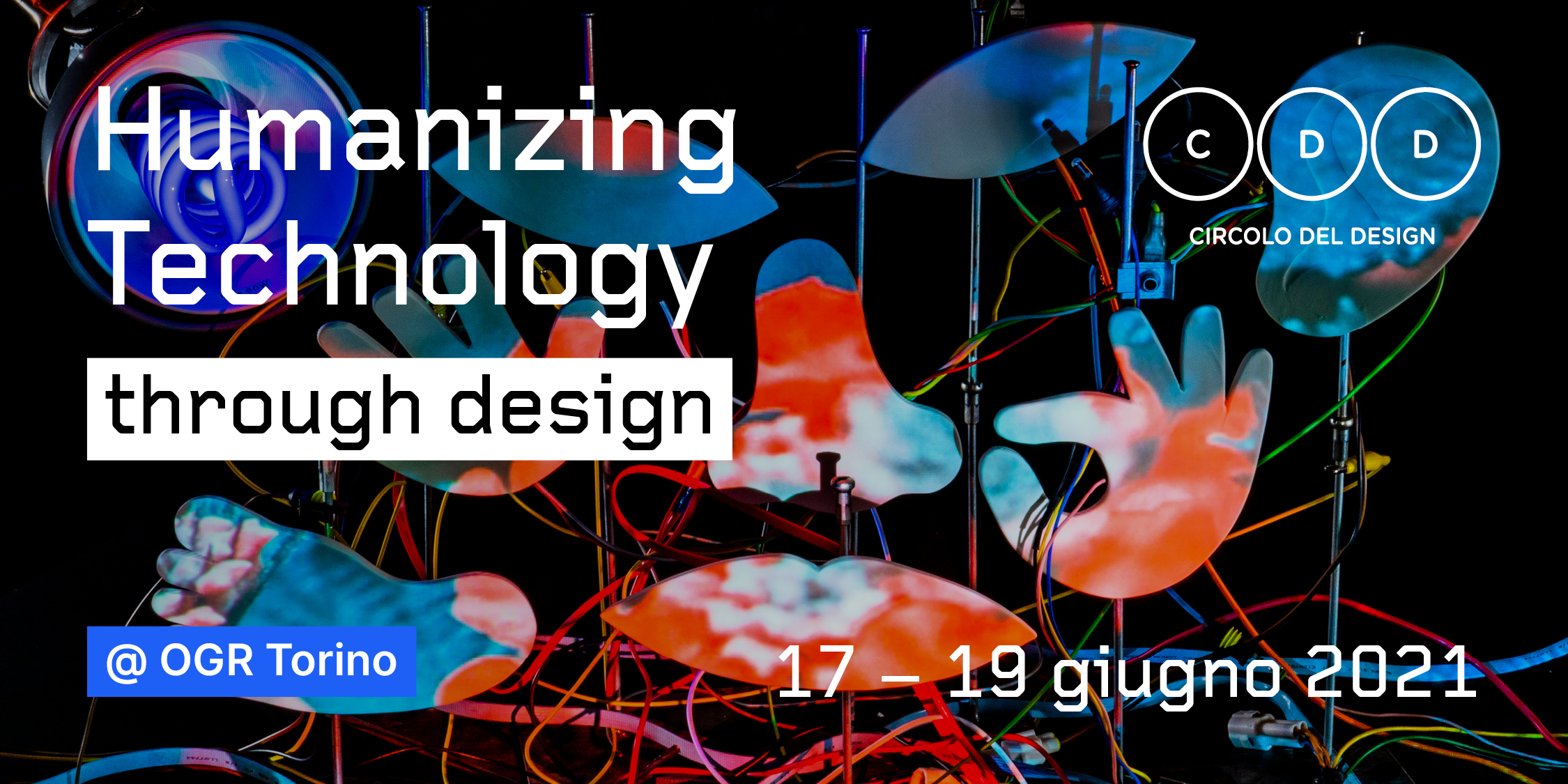
Curated by Experientia partner Jan-Christoph Zoels and Sara Fortunati, director of the Torino Circle of Design, the conference dealt with the best international practices about the humanization of technology. It was structured into six different thematic sessions: ethics, public services, healthcare, AI, mobility and learning. All videos are now available, with English subtitles.

Gillian Tett, anthropologist and chair of the US editorial board of the Financial Times, has published - in the Guardian - her list of 10 books offering insights into how we structure our lives.
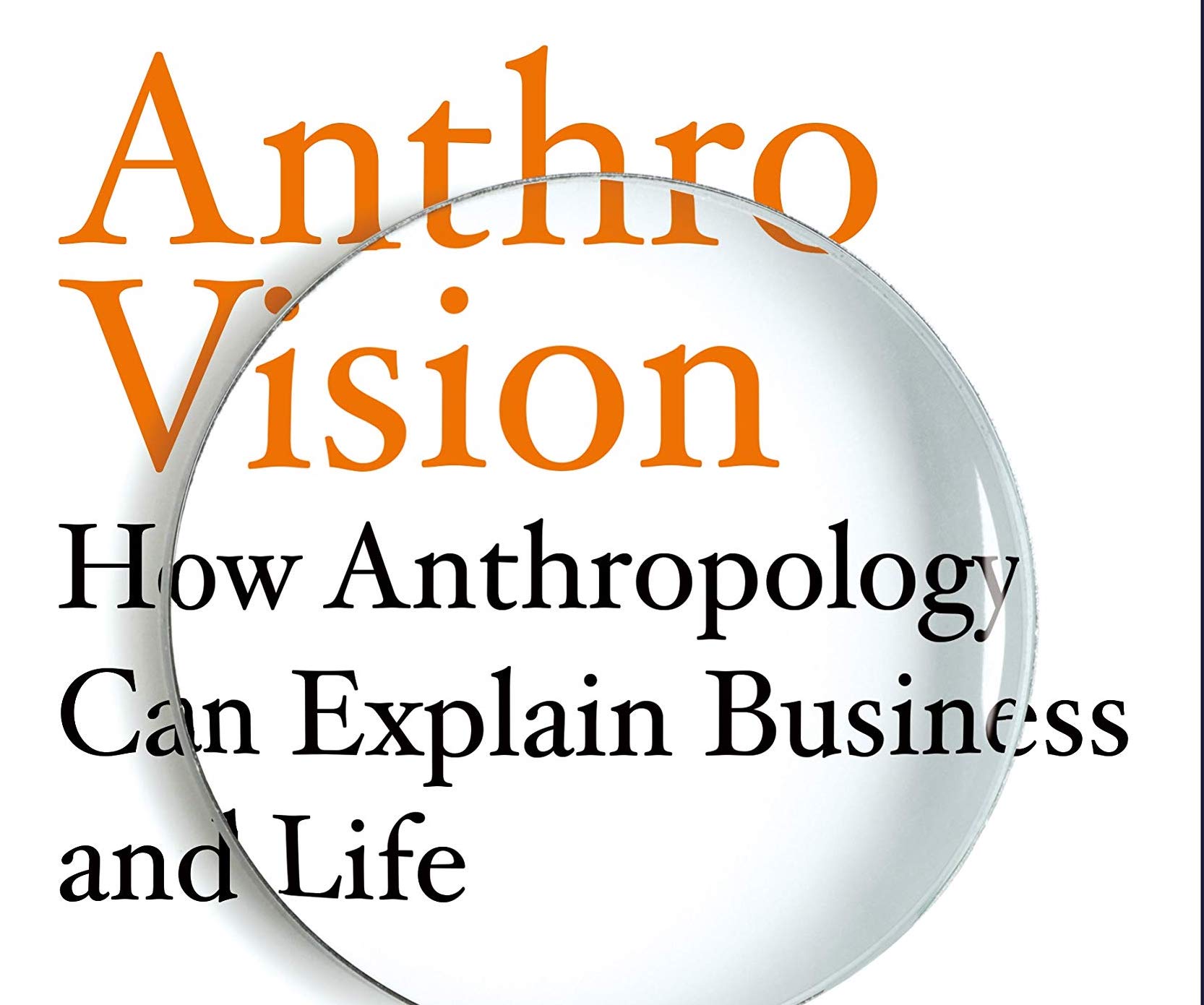
If there’s one simple message for the general reader in her new book Anthro-Vision it is this: the promise and value of anthropology lies in making visible that which is close to hand but ignored. It offers a means to see the world differently.
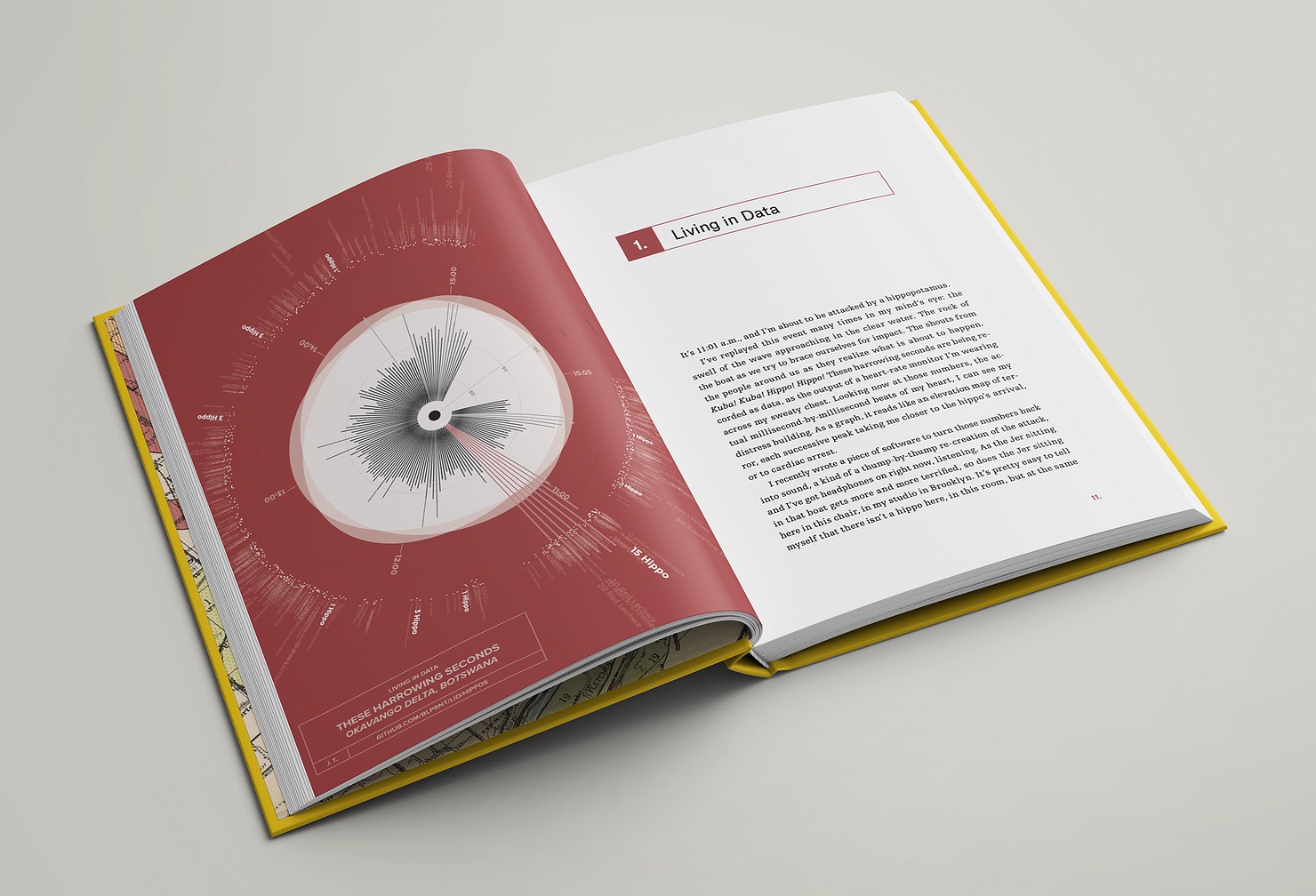
In this provocative book, Jer Thorp brings his work as a data artist to bear on an exploration of our current and future relationship with data, transcending facts and figures to find new, more visceral ways to engage with data.
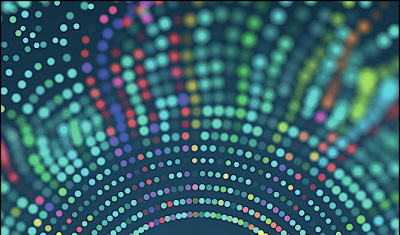
A book about the life of data and living with data.

In an age when the business world is dominated by technology and data analysis, award-winning financial journalist and anthropology PhD Gillian Tett presents a radically different strategy for success: businesses can revolutionize their understanding of behavior by studying consumers, markets, and organizations through an anthropological lens.

Why does the world need anthropology and anthropologists? This collection of essays written by prominent academic, practising and applied anthropologists aims to answer this provocative question.

When customers form an emotional attachment or self-identify with a product, that sense of “mine” enhances its luster and keeps them coming back for more. As shoppers shift away from owning material things, how can marketers preserve these benefits?
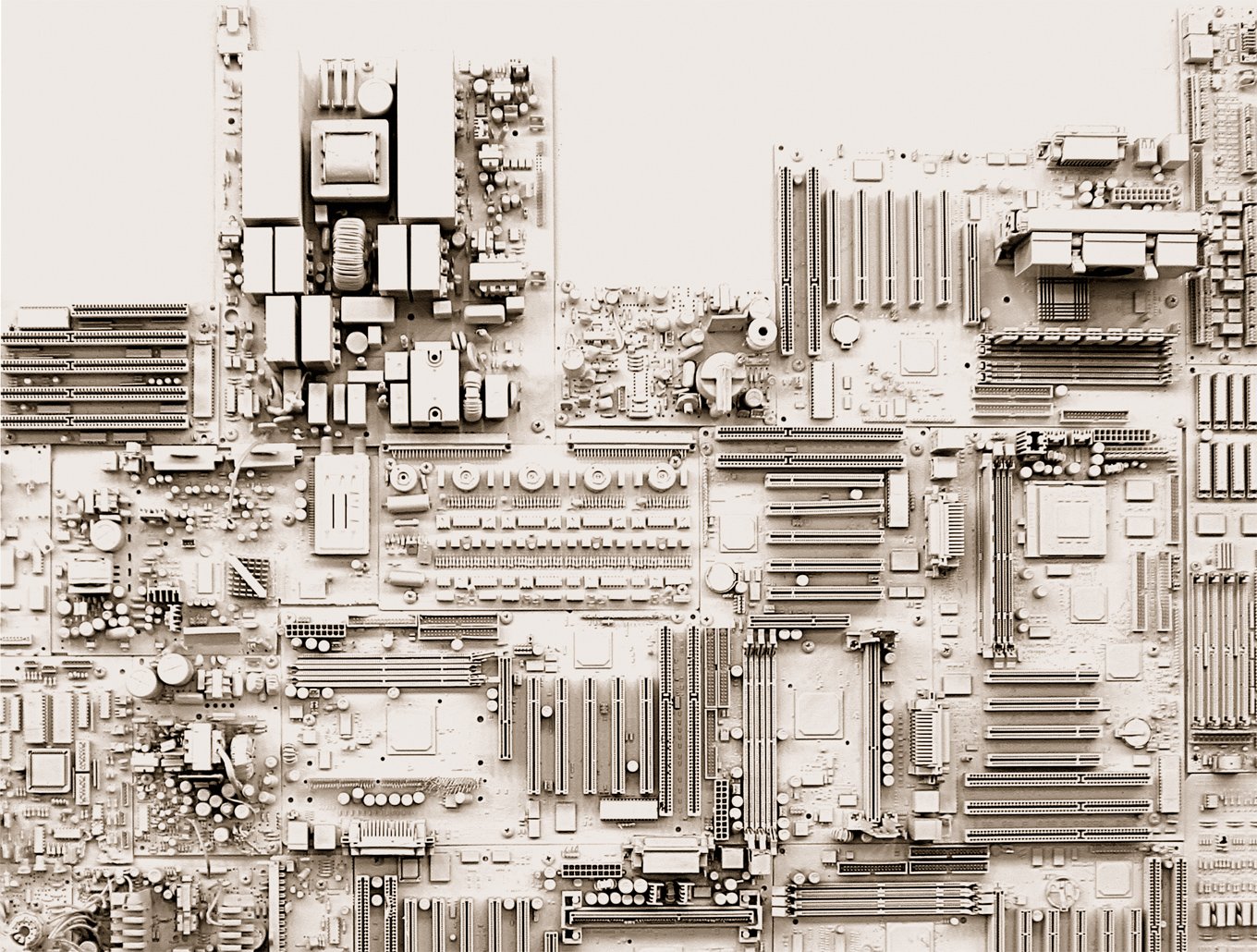
A bold reassessment of "smart cities" that reveals what is lost when we conceive of our urban spaces as computers
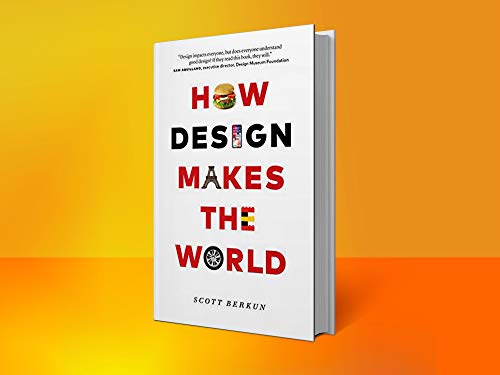
From the airplane armrest to the Facebook “like” button, and everything in between, Berkun shows how design helps or hinders everyone, and offers a new way to think about the world around you.

All videos of the Service Design Global Conference of October 2020 [#SDGC20] are now available for free on youtube. Here the links to the keynotes and the talks (and links to slide decks when available).

Annalisa Dominoni presents a new discipline that will have an increasingly strong impact on behavior and performance of astronauts.




















